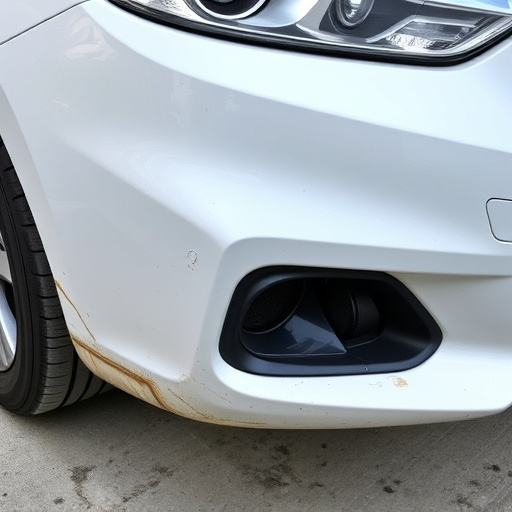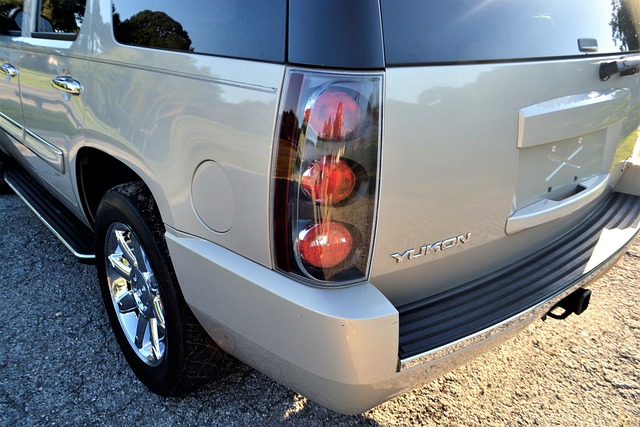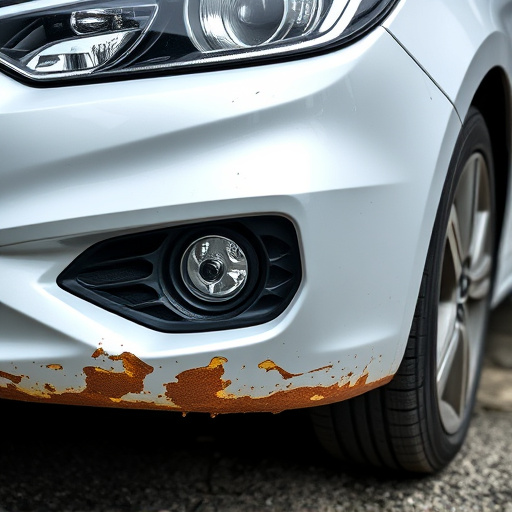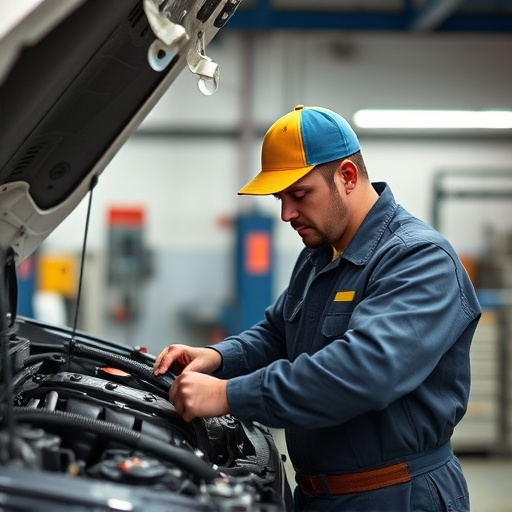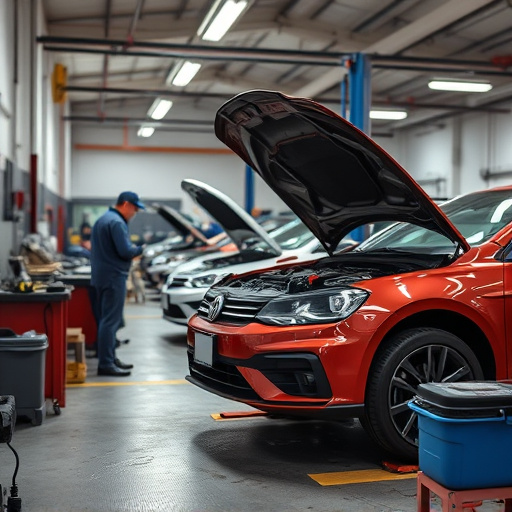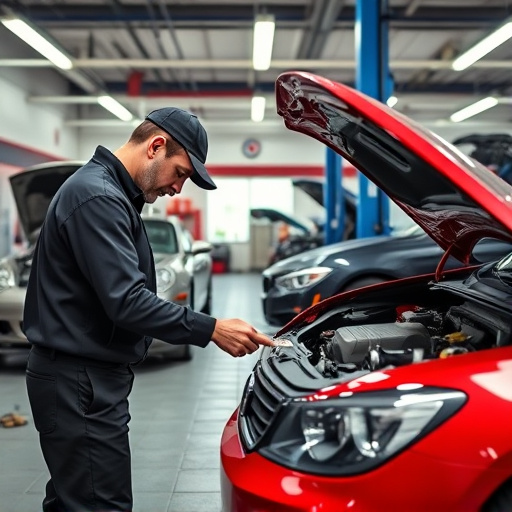In a competitive automotive services market, addressing delay concerns in collision repair is crucial for building customer loyalty. Customers expect swift and efficient service with their vehicles restored promptly after accidents or maintenance. Body shop businesses must prioritize communication, streamline processes, offer flexible scheduling, and invest in quality tools and training to minimize delays, enhance the overall experience, demonstrate reliability, and foster long-term customer loyalty.
In the competitive automotive service industry, minimizing delay concerns in collision repair is crucial for fostering customer loyalty. Understanding the impact of delays on customer satisfaction can help garages identify areas for improvement. This article explores “delay concerns collision repair,” delving into the effects of prolonged wait times and offering strategies to streamline processes and build trust. By implementing efficient practices, garages can ensure faster turnarounds, enhance customer experiences, and strengthen long-term loyalty.
- Understanding Delay Concerns in Collision Repair
- Impact of Delays on Customer Satisfaction and Loyalty
- Strategies to Minimize Delays and Build Customer Trust
Understanding Delay Concerns in Collision Repair

In the dynamic landscape of automotive services, understanding delay concerns in collision repair is paramount for businesses aiming to foster customer loyalty. Delays can significantly impact a customer’s experience, often leading to dissatisfaction and lost trust. Customers expect swift and efficient service when their vehicles sustain damage, whether from an accident or routine maintenance. Every hour a vehicle spends in a body shop beyond the estimated timeframe can heighten anxiety and frustration. Therefore, body shop services must prioritize effective communication and streamlined processes to address delay concerns collision repair.
Vehicle repair is not just about fixing physical damages; it’s also about meeting customer expectations for timely service. Body shop services that proactively manage timelines, provide transparent updates, and offer flexible scheduling options can mitigate delays and enhance the overall customer experience. By recognizing the impact of delays and implementing strategies to minimize them, these businesses position themselves as reliable and customer-centric operations, thereby strengthening loyalty over time.
Impact of Delays on Customer Satisfaction and Loyalty

When it comes to collision repair, delays can significantly impact customer satisfaction and loyalty. Every day that a vehicle is in for repairs is a day when the customer is deprived of their primary means of transportation, affecting their daily routines, work commitments, or leisure activities. This inconvenience is often compounded by the emotional attachment many people have to their vehicles, making delay concerns collision repair prioritization crucial.
Prolonged wait times can also breed dissatisfaction due to the uncertainty surrounding the repair process. Customers want transparency and clear communication about timelines. Failure to deliver on promised repair dates or provide regular updates can frustrate customers, leading them to question the quality of service they receive. Conversely, efficient auto collision repair services that prioritize timely repairs can foster a sense of loyalty by demonstrating reliability, professionalism, and respect for their customers’ time and needs. This is particularly important in competitive markets where car bodywork services abound.
Strategies to Minimize Delays and Build Customer Trust
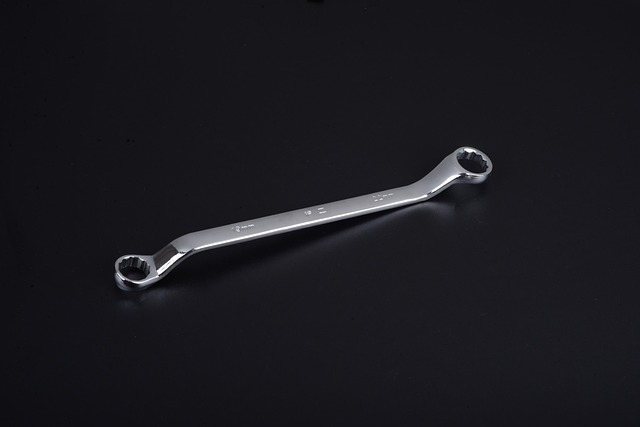
To minimize delay concerns collision repair can cause and build customer trust, auto body shops need to implement strategic measures. One effective strategy is efficient scheduling and communication. By utilizing advanced booking systems and keeping customers informed throughout the process, shop owners can set realistic expectations and reduce unexpected delays. Regular updates on parts availability and repair progress help alleviate anxiety among clients.
Additionally, investing in quality tools for dent removal and auto body painting can significantly streamline repairs, preventing unnecessary postponements. Well-maintained equipment ensures faster turnaround times, demonstrating a commitment to customer satisfaction. Training staff to handle various vehicle repair services adeptly further contributes to timely service, fostering trust in the shop’s capabilities.
Delaying collision repair can significantly impact customer loyalty, as prompt service is a key factor in ensuring satisfaction. By understanding the common causes of these delays and implementing effective strategies to streamline processes, auto shops can foster trust and build long-lasting relationships with their clients. Addressing delay concerns is not just about efficiency; it’s a powerful tool to enhance customer experience and retain loyal patrons in an increasingly competitive market.
